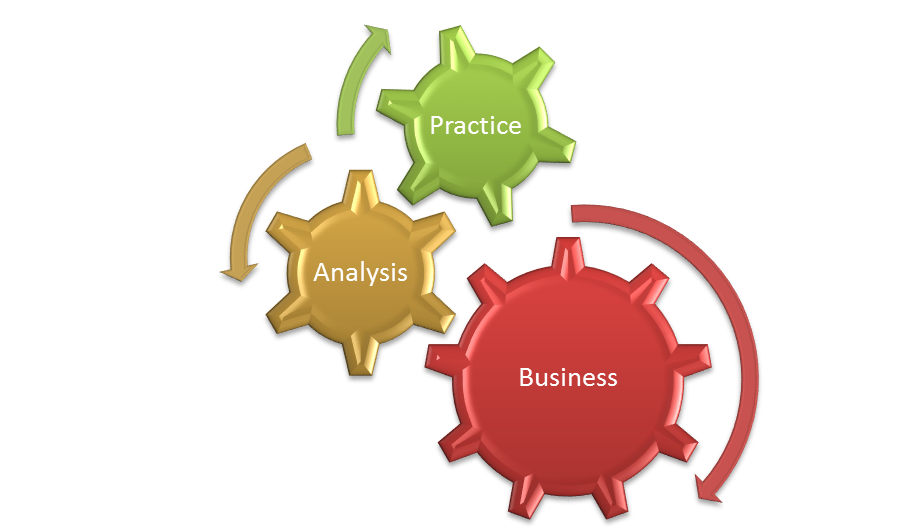Chorley is located in Lancashire, England. It is situated 11 miles north-west of Bolton and 8.1 miles north of Wigan. The wealth of this country is due to the cotton industry.
History:
In 1970, this city had factory chimneys but now they are destroyed. According to 2011 census, this area had a population of 34,667. It did not get its place in Domesday Book even as it is considered as twelve Berewicks in Leyland hundred. In mid-thirteenth century, it appeared in historical records around 1250.
St Laurence’s Church is the oldest building in Chorley. It has appeared in historical records after its creation. In the 12th century, the people believe that the church is named after Saint Laurence who was an Irish Saint. The bones of Saint Laurence were given to the church by Sir Rowland Standish. The industry revolution helps it to gain wealth like other Lancashire towns. This city had various cotton mills till the 20th century. During the period of the 1950s and 2000s, the mills were demolished. In 20th0s2009, the last mill named as Lawrence’s Mill which stops producing textiles. During Second World War, this town played a major role, and it was home to Royal Ordnance Factory.
Economy:
The mining was the first industry in Lancashire, and its evidence can be seen by on outskirts of town. The Anglezarke Quarry mining is located between Horwich and Chorley. Remnants of mining include old railway bridge from Duxbury Mine on Wigan Lane. Later on, the Mining industry was replaced by Cotton Mills. Truck manufacturing was initiated from the neighbouring town of Leyland. During the Second World War, factory on Pilling Lane created military vehicles and tanks. Through the 20th century, Chorley lost much of its manufacturing capacity. Also, it lost its complete disappearance of coal, textiles, armaments industries and motor vehicles.
Companies that are located in Borough are:
- BAE Systems
- FedEx
- North West Depot
- Talent
- CSC
In 2011, Chorley Council started large businesses to reallocate to Chorley. In 2014, an official website of Chorley was established.

 ENQUIRE
ENQUIRE
 REQUEST CALLBACK
REQUEST CALLBACK
 GET A FREE QUOTE
GET A FREE QUOTE


 Introduction
Introduction Course Details
Course Details Course Content
Course Content





 London
London